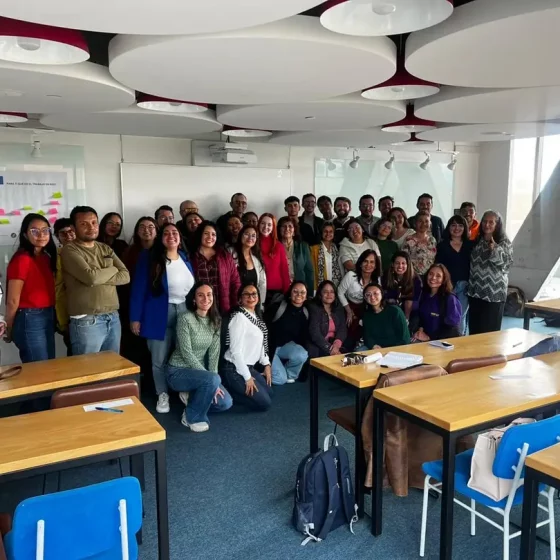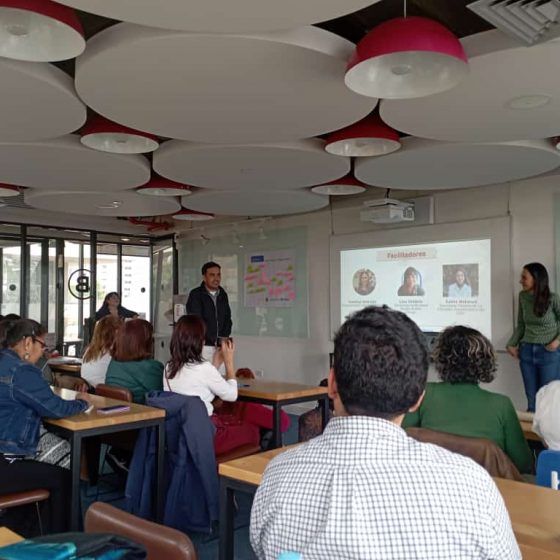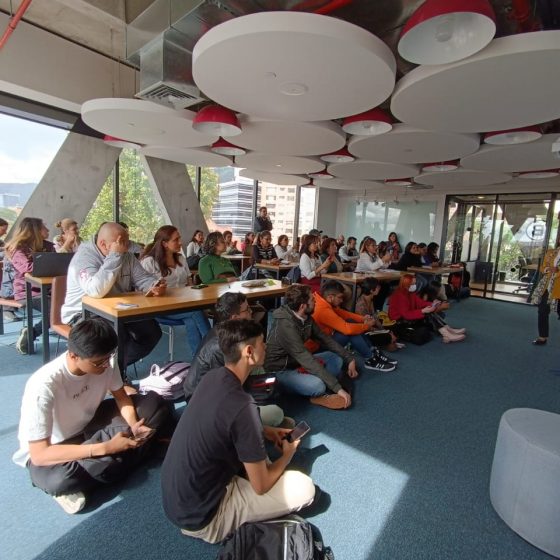Digital transformation has emerged as a key driver in the evolution of the social sector, enabling organizations to improve their operational efficiency and maximize their impact on their own communities. From small local initiatives to large international NGOs, the strategic adoption of digital technologies is redefining the way these organizations address complex social challenges.
For small and medium-sized organizations in the social sector, digital transformation represents an opportunity to optimize resources and strengthen their operations. Collaborative platforms such as Google Workspace and Trello enable more efficient project management and effective communication for volunteering and donations. In addition, the integration of systems for managing relationships with people and partner organizations (CRM, Customer Relationship Management) facilitates more effective relationship management, promoting personalized communication and higher retention.
For their part, large organizations in the social sector are adopting advanced technologies such as Artificial Intelligence, Blockchain and Big Data analytics to improve efficiency and transparency. The implementation of Enterprise Resource Planning (ERP) systems enables an integrated and efficient management of resources at a global level. In addition, the digital ecosystems developed by these organizations connect multiple stakeholders, from individuals or donor organizations to beneficiaries, promoting more effective collaboration and broader impact.
Globally, many large organizations have begun to integrate these technologies to improve their work, implementing, for example, advanced data analysis systems to assess the impact of their programs more accurately and in real time. Using Big Data tools, institutions can identify areas that need more attention and adjust their strategies accordingly, ensuring that their resources are used as effectively as possible.
Challenges and Opportunities in Digital Transformation
Despite the obvious benefits, digital transformation in the social sector faces significant challenges. The digital divide remains a barrier to equitable access to advanced technologies, especially in communities where internet access and digital training are limited. Cybersecurity is a constant concern, given the handling of personal and sensitive data by these organizations, requiring ongoing investments in protection and compliance.
In addition, cultural and organizational resistance can hinder the effective adoption of new technologies, making awareness and training of personnel at all organizational levels crucial. Organizations must develop clear strategies for change management, ensuring that all constituents understand and support new digital initiatives.
The Fundamental Role of Networking
Networking among social sector organizations plays a crucial role in maximizing the impact of digital transformation. It is necessary to promote the exchange of knowledge and best practices, as well as the formation of strategic alliances that strengthen the collective capacity to address social challenges.
In addition, another advantage of collaborative work between organizations is the ability to join forces to seek international cooperation funds. These funds can finance digital transformation and the implementation and development of innovative technological tools in the service of social initiatives in different areas such as environmental protection and access to health.
Wingu’s Role
Wingu, as a strategic ally in digital transformation, offers innovative solutions that empower initiatives and organizations in the social sector to maximize their impact, seeking not only to strengthen the operational capacity of organizations, but also fostering innovation and sustainable growth from the Global South.
In addition to this, Wingu is constantly working on the generation of content and community around the democratization of access to information on digital technology. Perhaps the biggest bet in this sense are the Festivals of Innovation and Social Technology (FITS), but also articles, webinars and other spaces for exchange and training.
An example of these spaces was the Meeting of Organizations held in Bogota, Colombia. This was an initiative, in alliance with Irradia Red and the District Council of Volunteering of Bogota (part of the National System of Volunteering) that took place recently and represented a unique opportunity to connect, learn and collaborate with diverse actors committed to community development and social change. During the event, valuable insights on digital transformation were shared and new networks for collaboration between organizations were created. This meeting promoted the creation and consolidation of networks among members of the community, social organizations, municipal institutions and companies working in specific geographic areas.
Some Conclusions
The future of the social sector will largely depend on its ability to adapt and take advantage of the opportunities offered by digital transformation. By continuing to collaborate, share knowledge and develop innovative solutions, these organizations can positively transform the social landscape, building more inclusive and sustainable societies for all people.
With the support of partner organizations like Wingu, social sector organizations are better positioned to meet the challenges of the future and create lasting impact in the communities that need it most.
Wingu not only strengthens the technological capabilities of organizations, but also drives innovation and social impact. With his expertise in implementing advanced digital technologies, he is an example of how organizations can benefit greatly from strategic partnerships to advance their digital transformation goals.


